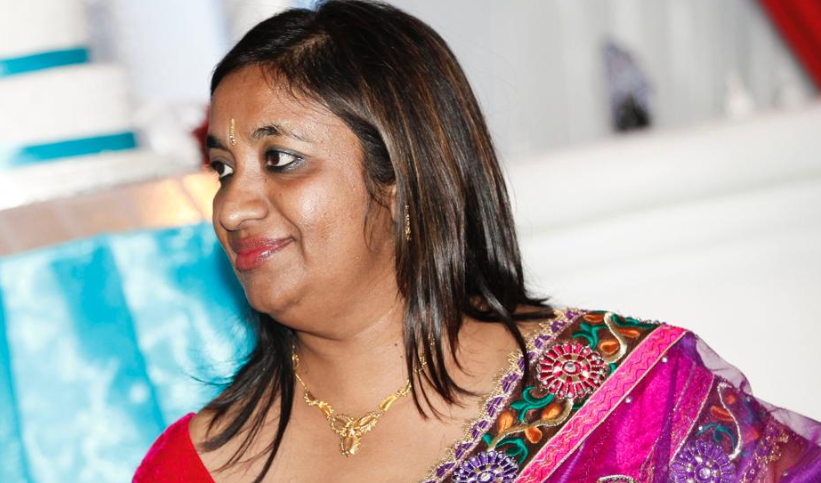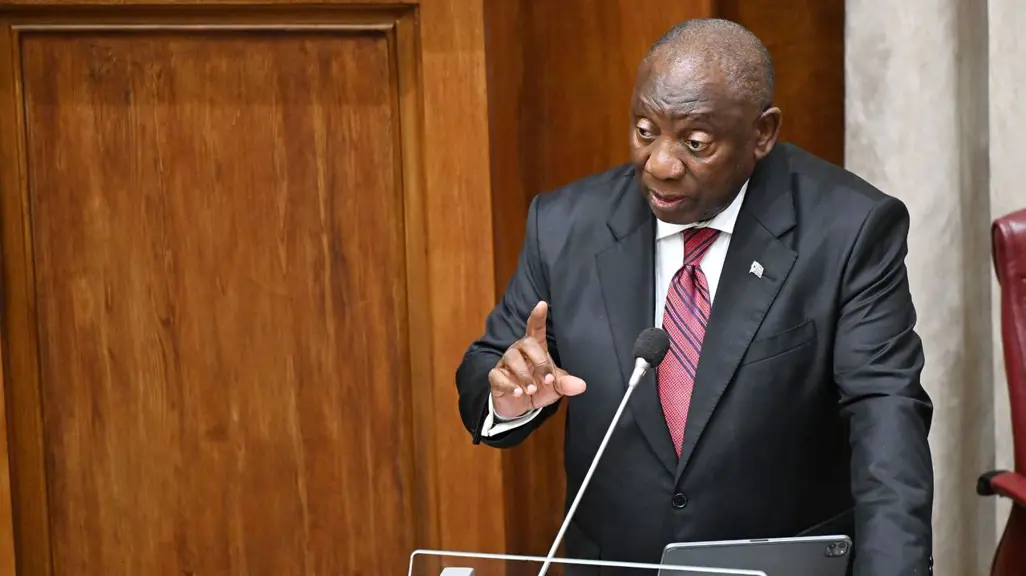Who is Babita Deokaran?: The whistleblower who exposed Tembisa Hospital’s corruption scandal

Babita Deokaran. Photo Credit- News24
Babita Deokaran, a dedicated civil servant whose career spanned three decades in South Africa’s public health sector, became one of the country’s most poignant symbols of anti-corruption bravery when she uncovered a massive fraud scheme at Tembisa Hospital in Gauteng. Born in 1968 and tragically assassinated at age 53, Deokaran rose from a clerical role to the position of Acting Chief Director of Financial Accounting in the Gauteng Department of Health. Her role involved overseeing financial transactions, procurement processes, and compliance audits across provincial health facilities, a responsibility that placed her at the heart of budgeting for critical services like patient care and medical supplies. It was in this capacity that Deokaran’s meticulous oversight revealed irregularities that would unravel a web of corruption costing the state over R2 billion.
RELATED STORY
SIU raids Sandton home of Businessman tied to Tembisa Hospital corruption probe
Deokaran’s whistleblowing efforts intensified in early 2021 when she flagged suspicious payments totaling R850 million from Tembisa Hospital’s budget in a single year, funds meant for essential healthcare but diverted through dubious tenders to shell companies and politically connected entities. As the acting chief financial officer, she compiled a detailed report identifying 224 service providers involved in “possibly fraudulent” contracts, including purchases of luxury items like skinny jeans, leather couches, and overpriced buckets. She escalated her concerns to her superiors, including Gauteng Health CFO Lerato Madyo, demanding an immediate halt to R104 million in payments and launching an internal probe. Deokaran collaborated closely with the Special Investigating Unit (SIU), providing key insights into procurement fraud, including COVID-19 PPE deals, which led to the suspension of Tembisa’s CEO Ashley Mthunzi and Madyo. Her work exposed syndicates linked to figures like Vusimuzi Matlala, the Mazibuko family, and even relatives of high-profile politicians, implicating a network that siphoned funds through over 1,700 irregular purchase orders.
The repercussions of Deokaran’s revelations were swift and deadly. Just weeks after submitting her report, on August 23, 2021, she was gunned down in a targeted hit outside her Johannesburg home while driving her children to school. The assassination, involving multiple gunmen in a vehicle that pulled alongside hers, was widely linked to her exposure of the Tembisa scandal, with Gauteng Premier Panyaza Lesufi later admitting it was likely retaliation for uncovering R1 billion in irregular tenders. Despite her requests for protection, Deokaran received none, highlighting systemic failures in whistleblower safeguards, a gap that sparked national outrage and calls for reform from President Cyril Ramaphosa and civil society groups like Corruption Watch. Her death prompted an SIU investigation that vindicated her findings, leading to asset freezes worth R520 million and arrests, including Matlala’s in 2025 on related charges. Four years on, the masterminds behind her murder remain at large, with ongoing probes and demands for justice from parties like the DA.
Deokaran’s legacy endures as a catalyst for accountability in South Africa’s beleaguered public sector. Her role not only dismantled a key corruption syndicate but also amplified the voices of whistleblowers, leading to legislative pushes for better protections and the reactivation of probes into related scandals like Life Esidimeni. Investigative journalists, such as News24’s Jeff Wicks, credit her trove of evidence for sustaining the Tembisa inquiry, which has since ballooned to R2 billion in losses. As SIU head Andy Mothibi noted, Deokaran’s “immense input” was pivotal in uncovering the rot, yet her unsolved murder underscores the perilous cost of speaking truth to power. In a nation where corruption claims billions annually, Deokaran’s story remains a stark reminder: without safeguarding those who expose it, justice remains elusive.




